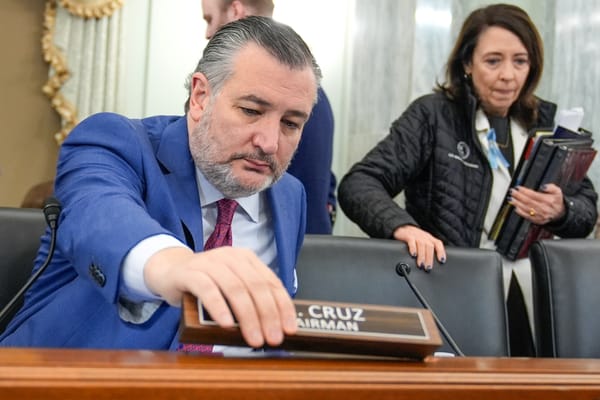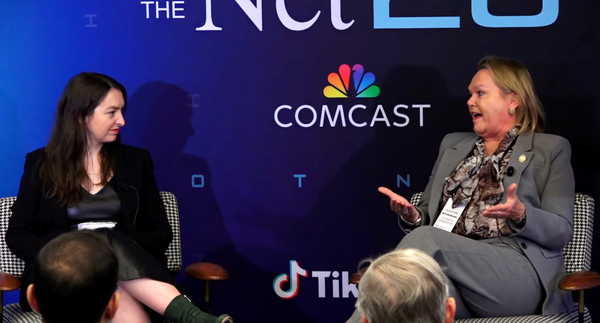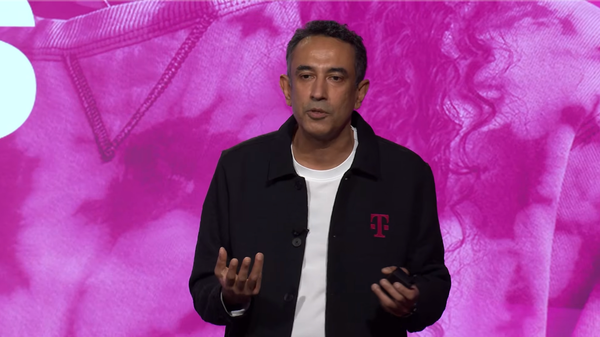Broadband Roundup: FCC, Congress and Broadband Providers Clash On Municipal Broadband
WASHINGTON, July 17, 2004 – The House of Representatives passed an amendment Wednesday in a 223-220 vote to prevent the Federal Communications Commission from preempting state laws that forbid municipal broadband networks, the National Journal reported. U.S. Rep. Marsha Blackburn, R-Tenn., spearhea
WASHINGTON, July 17, 2004 – The House of Representatives passed an amendment Wednesday in a 223-220 vote to prevent the Federal Communications Commission from preempting state laws that forbid municipal broadband networks, the National Journal reported.
U.S. Rep. Marsha Blackburn, R-Tenn., spearheaded the proposal, according to Ars Technica, on the argument that the FCC has no authority to overturn state legislation.
“We don’t need unelected federal agency bureaucrats in Washington telling our states what they can and can’t do with respect to protecting their limited taxpayer dollars and private enterprises.”
“States have spoken and said we should be careful and deliberate in how we allow public entry into our vibrant communications marketplace, a sector of our economy that invests tens of billions of dollars each year, accounts for tens of thousands of jobs, and serves millions of consumers.”
FCC Chairman Tom Wheeler has argued that restrictions on city-owned broadband raise competitive barriers in the industry. In a blog post last month, he commended city leaders in Chattanooga, Tennessee, for spurring economic growth.
“The facts speak for themselves: competition works – when it is allowed to. Throughout the country where we have seen competitive broadband providers come in to a market, prices have gone down and broadband speeds have gone up. No wonder incumbent broadband providers want to legislate rather than innovate.”
Comcast executive David Cohen said at a Senate Commerce Committee hearing that while cities “should be allowed to” build their own networks, “taxpayer subsidy of poorly-run and ultimately bankrupt broadband networks don’t benefit anyone,” according to The Consumerist.
AT&T’s John Stankey, in an exchange with Sen. Ed Markey, D-Mass, said “we don’t believe that private companies should actually compete against public-subsidized, taxpayer cost to capital in that market.” Markey retorted that “prices would go down dramatically” if it did happen.










Member discussion